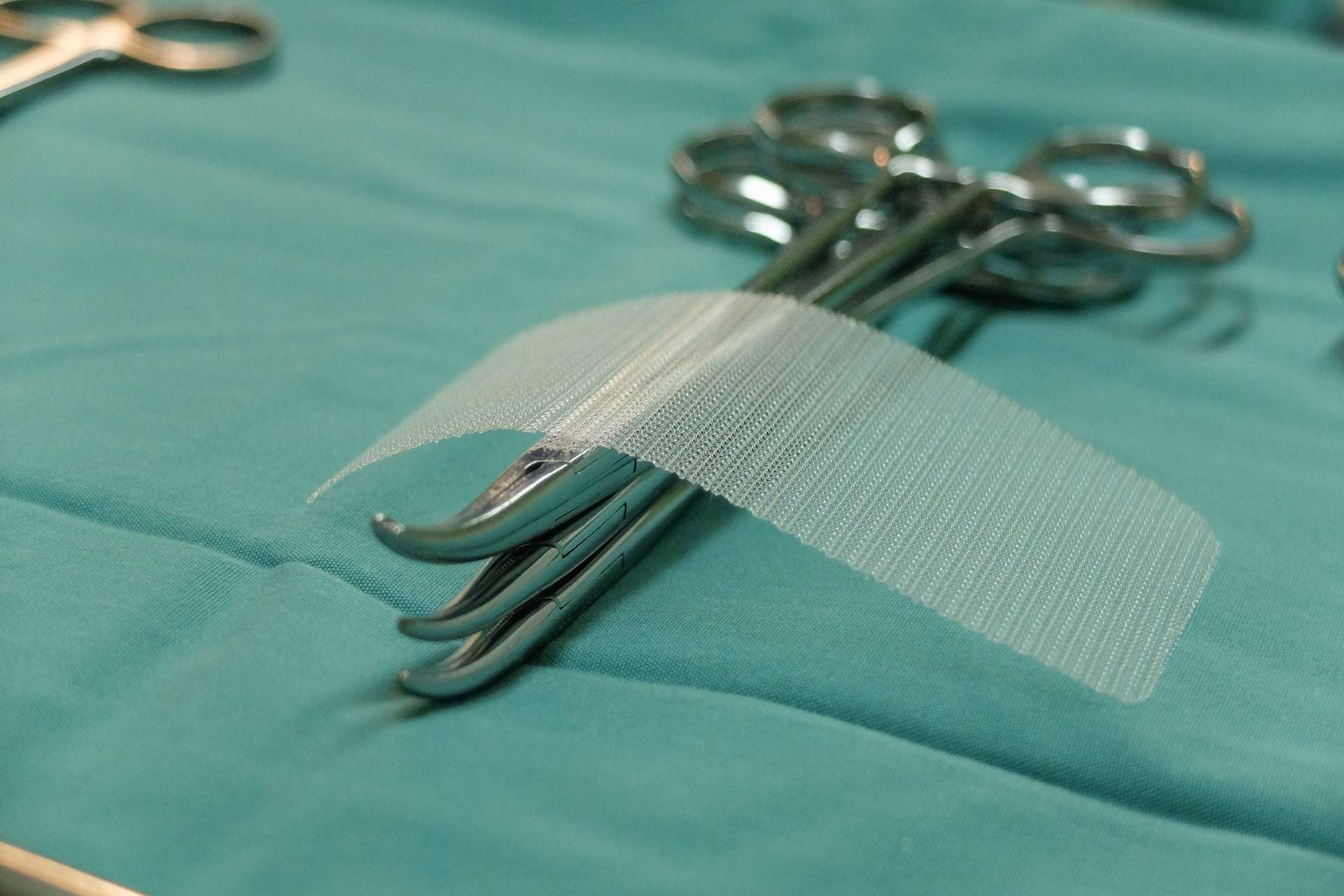Life Care Planning and Transvaginal Mesh Litigation

The kinds of technology available to our medical professionals today is truly amazing. Things that were unheard of, or considered science fiction, a decade ago are now part of a doctor’s daily practice.
In fact, in the middle of the current coronavirus pandemic, our science professionals were able to come up with a number of coronavirus vaccines with surprising speed. Indeed, our scientific ingenuity has resulted in vaccines that can beat back the virus, hopefully for good.
So, while scientific and technological advances in the medical field can be a miraculous thing, such advances sometimes have unintended consequences that make them too dangerous to utilize. One such advance is the use of mesh in the human body.
In that regard, Occupational Assessment Services, Inc. (OAS) has life care planners who have been at the forefront of assisting people suffering from complications related to transvaginal mesh surgery, and who have testified as experts in court about the negative consequences that flow from the use of transvaginal mesh in patients. If you are an attorney assisting a client who suffers from a transvaginal mesh surgery, we at OAS can help you prove the damages suffered by your client.
In this article, we discuss what transvaginal mesh is, and the risks and damages associated with the devices themselves. We also discuss two real-life examples to illustrate the pain and suffering that can result after having a transvaginal mesh implanted.
If, after reading this article, you have additional questions about how a vocational expert or life care planner can help with your medical malpractice cases , we invite you to contact us at Occupational Assessment Services, Inc. – OAS. We have served as life care planners in innumerable medical malpractice cases.
We are one of the most experienced life care planning firms in the United States. To discuss your case, call us at 1-800-292-1919 , contact us at a location near you, or through our online form.
What’s a Transvaginal Mesh?
A transvaginal mesh, also called pelvic mesh, is a device implanted into the pelvis for medical conditions, including pelvic organ relapse and stress urinary incontinence, which often occur after a woman gives birth. The mesh, used since the 1990s, is made from a synthetic material, usually polypropylene.
1. Pelvic Organ Prolapse
This condition occurs where a woman’s vaginal wall and pelvic organs lose their natural support. This loss causes the vaginal wall and pelvic organs to protrude into or sometimes outside of the vagina. Pelvic organ prolapse can cause discomfort during physical activities. Longer-term impacts like nerve damage and chronic pain also occasionally occur.
2. Stress Urinary Incontinence
Women have tissues that support the neck of their bladder and urethra. When a person suffers from stress urinary incontinence, that tissue support is lost. The lack of support can cause loss of urine when the woman engages in any physical activity like exercising, or even by sneezing or coughing. Nerve damage and chronic pain are also possible complications.
While the notion of a mesh to improve internal support makes sense, transvaginal mesh has resulted in so many complications for patients that it does more harm than good. Here are two cases in which life care planning experts were involved in the subsequent litigation. With regard to the first case, OAS was directly involved in the case and gave expert testimony in connection with the litigation.
Case Studies
1. Linda Gross
In this case, the life care planner at OAS interviewed Ms. Gross about her life, her work, and all aspects of her day-to-day life after she initiated a lawsuit related to her failed transvaginal mesh surgery. The OAS life care planner then testified as an expert in Ms. Gross’ court case.
Because of the mesh surgery, Ms. Gross is in constant pain, can only sleep about four hours a day with medication, and cannot read or do computer work easily because her condition makes it difficult for her to concentrate. The damages for Ms. Gross were calculated to include a loss of future earnings of $727,000.
2. Christina Lynn Brajcic
In another case from Ontario, Canada, a 42-year-old woman died because of her transvaginal mesh surgery. Ms. Brajcic suffered from urinary incontinence after giving birth to her child. Doctors recommended transvaginal mesh, and Ms. Brajcic underwent surgery to have it implanted.
According to Ms. Brajcic, the surgery quickly became a nightmare. It felt like “barbed wire” was in her abdominal area. Recurring infections ensued. She had the mesh implant removed a couple of years after the initial surgery, but she remained in pain. Ultimately, her body grew resistant to the antibiotics used to treat her infections, and she passed away two years later.
FDA Guidance, Warnings, and Recent Ban
Cases like those above and thousands of other reported complications caused the FDA to revisit transvaginal mesh’s safety. The agency investigated and eventually implemented a ban on using the devices in particular circumstances.
The FDA issued its first warning in July 2011. This warning identified concerns about the use of transvaginal mesh for pelvic organ prolapse (POP). This warning was based on the agency’s research on POP complications, which revealed over 3,900 injuries and device malfunctions and seven deaths.
In 2016, the agency raised its risk assessment of mesh used for POP to its highest risk class. This required pre-market approval, FDA’s most stringent pathway to medical device review, for mesh used to repair POP.
In 2019, the agency ordered that all manufacturing, sales, and distribution of transvaginal mesh used for POP cease immediately. It determined that transvaginal mesh manufacturers had not demonstrated reasonable assurances of safety and effectiveness for their devices.
Let the Experts at OAS Provide the Information You Need to Get Appropriate Compensation for Your Medical Malpractice Clients
The experts at Occupational Assessment Services, Inc. (OAS) have over forty years of experience documenting the income potential and employment capacity of those with medical malpractice cases.
OAS specializes in working with the plaintiff or defense attorney to assist in objectively documenting the economics in a case. From the initial referral to the trial testimony, our life care planning expert works with the retaining attorney so that the vocational assessment of the case can be objectively and efficiently presented.
Our life care planning evaluation consists of seven parts, including:
1. Document review
2. Home visit
3. Work problems
4. Interview
5. Impact assessment of the person’s injuries on their daily activities
6. Formulating an objectively detailed evaluation of the person’s needs
7. Research of relevant costs in the geographic area where your client lives.
These steps give us a roadmap so the life care planner can reach an opinion on the injured person’s needs. These are extremely helpful in transvaginal mesh medical malpractice cases.
OAS has served as experts on many multi-million-dollar outcomes, including a record-setting $102 million verdict in a NY catastrophic injury case. With an objective consultation and analysis, we specialize in assisting attorneys in documenting damages.
OAS is your vocational expert and life care planner nationwide, with offices in New York, New Jersey, Connecticut, Pennsylvania, Georgia, Florida, Texas, Nevada, and California.
To discuss your case, call us at 1-800-292-1919 , contact us at a location near you, or through our online form.
Disclaimer: The information on this website and blog is for general informational purposes only and is not professional advice. We make no guarantees of accuracy or completeness. We disclaim all liability for errors, omissions, or reliance on this content. Always consult a qualified professional for specific guidance.








